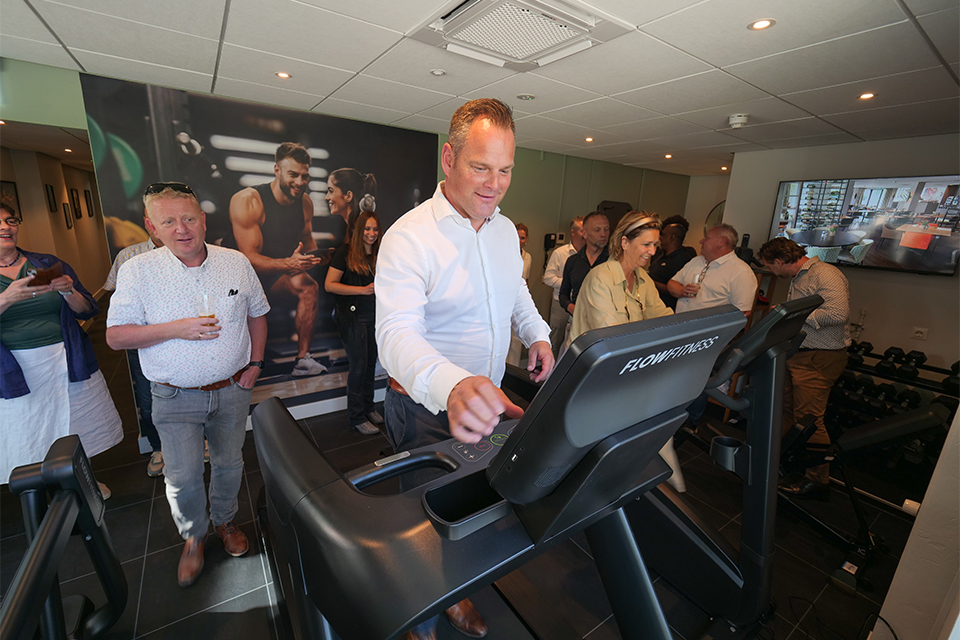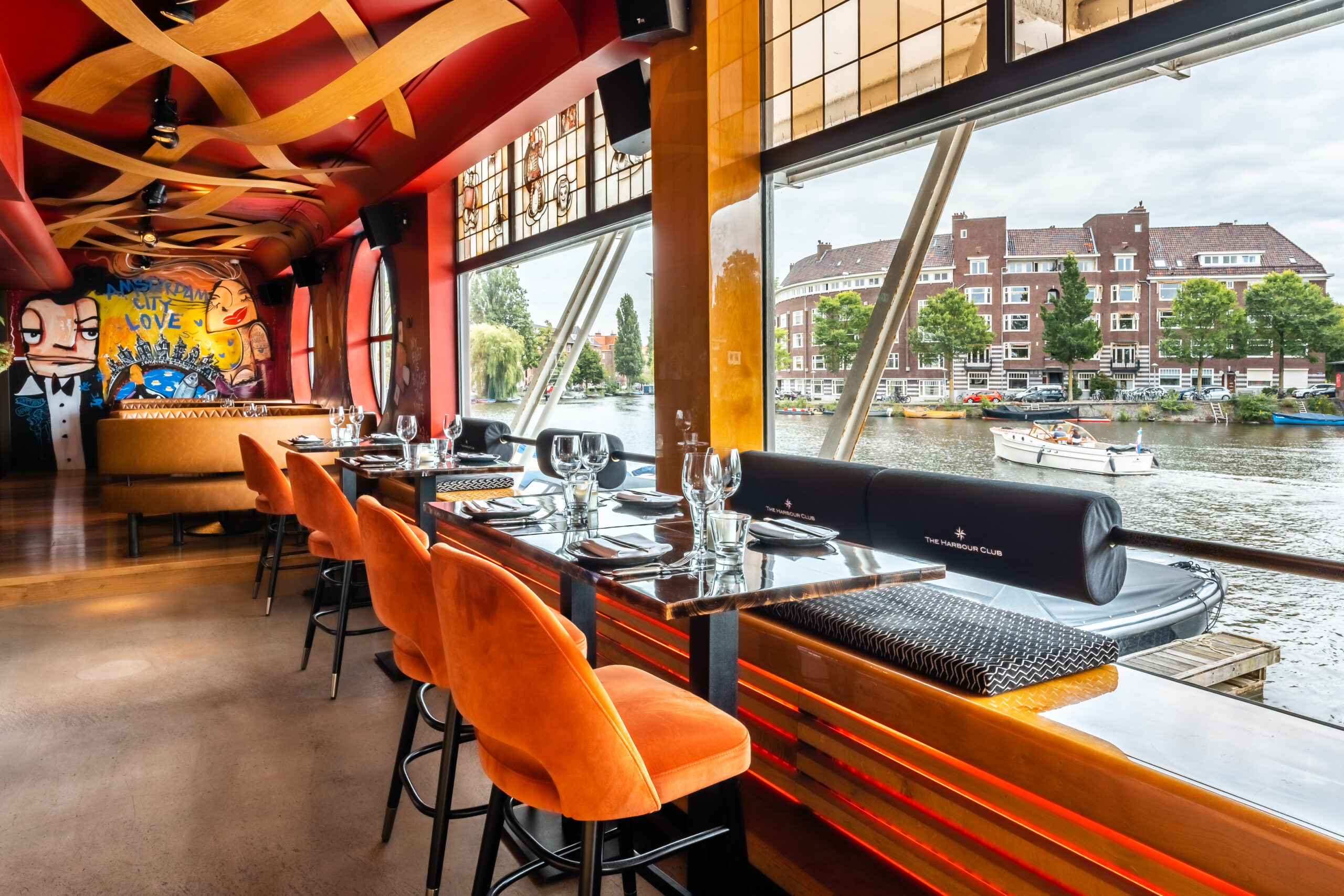
Less food waste saves money and ensures empty bin
70% cost reduction
"Cutting food waste saves a hotel money and is better for our planet. It's not just about reducing food waste but about relieving the entire chain - from farmland and transport to food processing. In total, as much as 150 million kilos of food are wasted annually in the hospitality industry," Sharon Reijmers, commercial manager at Orbisk, and Anco Wieringa, owner of Greenpoint Solutions, tell us.

"All organic kitchen waste (swill) can be transported and stored in a storage tank with our system. Large volumes of organic material are collected by working with vacuum, similar to an aircraft toilet. Our solution reduces the number of transport movements. After all, transport is the most expensive component in the waste treatment chain. We can reduce up to 70% from the total cost of disposing and processing organic waste. On top of this, kitchens can also save substantially on their procurement by using Orbisk to waste less food. With the combined solution of Greenpoint Solutions' transport system and Orbisk's waste monitor, a lot of money can be saved," explains Wieringa.
Joining forces
"The waste monitor measures and records total volumes by entry point. With this monitor, the composition of food waste can be thoroughly analysed. So you know very concretely what you are throwing away. When Anco realised the added value of our waste monitor, we joined forces in a combined waste station, says Reijmers. "Our waste monitor is placed above the waste station. At the top is a camera. Everything emptied into the hopper of kitchen waste is automatically photographed by the camera."

"Behind the camera is artificial intelligence built in. We have developed a smart technology, which calculates the weight of food waste based on pixels and a height-depth calculation. This gives a good idea of the challenges for a hotel. For example, are a lot of bananas being thrown away or food waste such as deli meats? We make it very easy for venues to get a grip on food costs. Hoteliers not only get the waste out of the kitchen easier, but the waste monitor also provides insight into exactly which ingredients are thrown away on which day. This insight makes it easier for the kitchen to reduce," Reijmers summarises the added value of the combined solution.
Sustainably recycled
The tanks contain sensors based on which the transport company knows exactly when the tank needs to be emptied. "Much of the material goes to the bio-digester in the port of Amsterdam, where it is converted into bio-LNG by Renewi. This in turn is used to produce green electricity," Wieringa explains.

Prevent
Referring to Moerman's Ladder, a model that shows how food/raw materials can be put to the highest possible use, Wieringa says: "The biggest impact we make for customers is that they throw away less food. Preventing waste is at the top of the Ladder. If this is not possible, food waste can be processed into animal feed, for example. The least desirable solution is to burn or landfill food waste."
"The ultimate goal of the collaboration between Greenpoint and Orbisk is to stop wasting food. After all, globally we waste as much as 1.3 billion tonnes of food. 14% of that comes from food service, including hotels. There is a huge saving and improvement to be made in that area with a huge impact on the environment. One kilo of food thrown away is equivalent to 4.5 kg of CO2 and has a purchase value of 7 euros. So anyone who throws away 500 kilos on a weekly basis is literally throwing money away.
By knowing better what is needed for the breakfast buffet, for example, and basing your purchasing on that, a hotel can make huge savings."
"Suppose in a hotel with ten chefs 10% of the food is wasted. Then one chef is effectively cooking for the bin. So apart from the financial savings, dealing well with labour shortages is an additional aspect. In addition, being deliberate about wasting as little food as possible contributes concretely to achieving the Green Key," says Reijmers.
"There is also a battle to be made in the preparation of buffets. Put out smaller quantities and use smaller containers. Is the end time of a buffet approaching? Then replenish with small quantities. This keeps it looking attractive and you offer enough," shares Wieringa as a second tip.
Collaboration
"We work with chains like Van der Valk. Many chain hotels are in outlying areas but we can also help hotels located in the middle of the city centre with transport storage and processing of kitchen waste. It would be a missed opportunity if these harder-to-reach locations feel compelled to stop collecting separated waste. We see a great challenge in this - to help all hotels in the Netherlands in the fight against food waste. All this in a practical way, relieving our customers from A to Z," Wieringa and Reijmers conclude.



